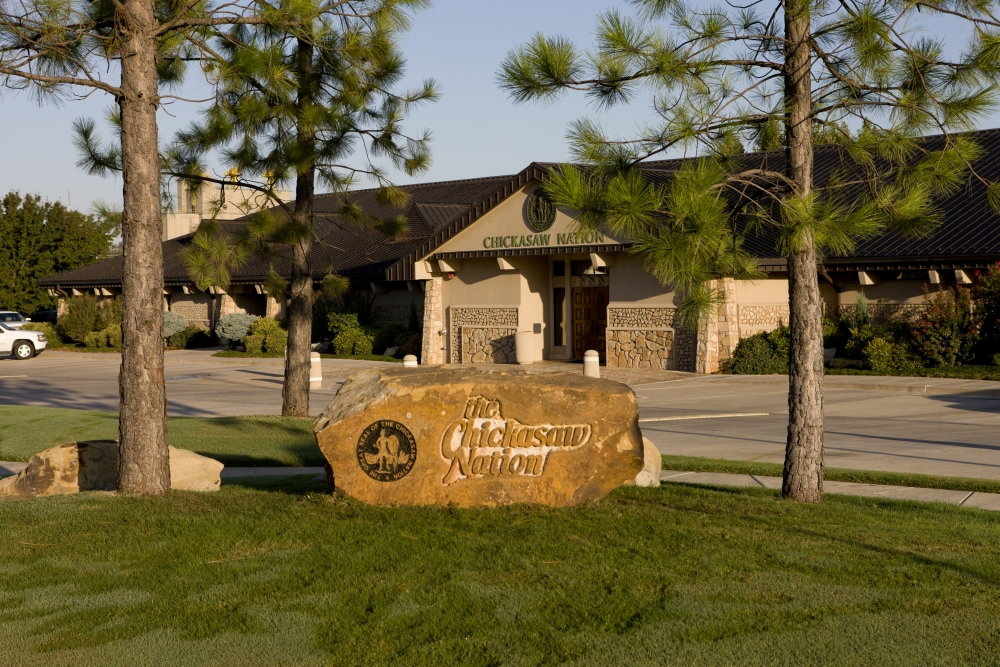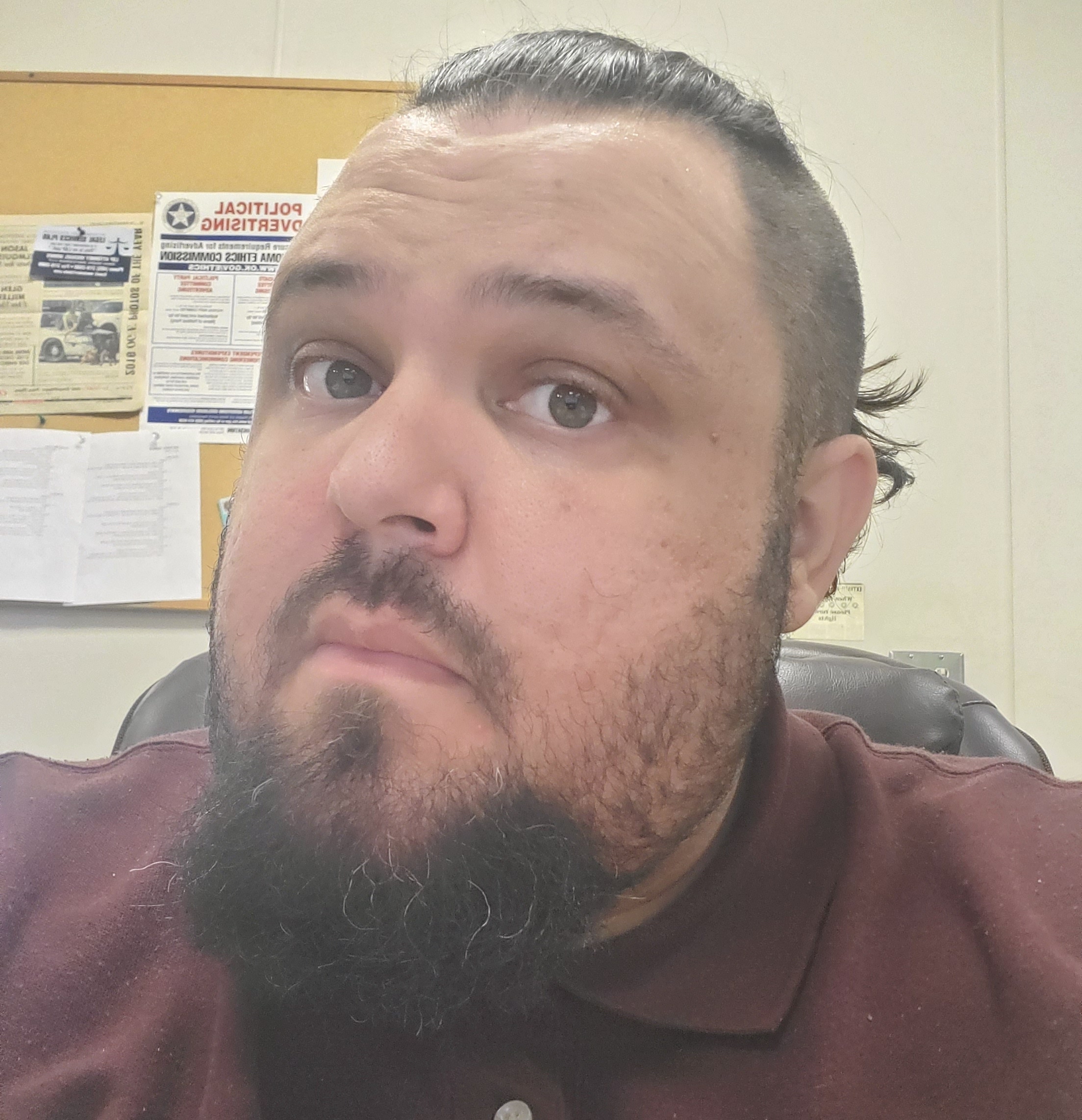
- Details
- By Chez Oxendine
ADA, Okla. — The Chickasaw Nation in Oklahoma has launched an array of virtual resources to support tribal citizens during pandemic-prompted closures and quarantines.
The resources include everything from virtual medical visits to refilling prescriptions to WIC services. The nation’s efforts also include a weekly “Connecting Our Community” video series, which will discuss culture, health, fitness and cooking.
The videos include instructions on how to make cloth face masks, how to handle deliveries and how to safely shop amid the spread of COVID-19.
“It’s a Godsend for me,” said Brenda Gilbert, a 76-year-old Ada, Okla. resident. “Every time I step out the door, I feel like I’m risking my life. I worry if I get the disease, I’ll die from it. So any opportunity I can get to stay inside is one I’ll gladly take.”
She said she is particularly keen on the virtual medical visits.
“My grandson walked me through setting up my phone to take these calls from the doctor’s office, so you can see and talk to someone without going in,” Gilbert said. “It will let me set up an appointment and everything.”
The process involves visiting the Chickasaw Nation’s website to set up a virtual visit for minor symptoms, as well as non-coronavirus injuries such as rashes, sinus pressure, sprains and strains, according to the website. Citizens can also call the virtual visit number at (580) 272-2776 to answer triage and eligibility questions.
After that, prospective patients can download the Mend app on their smartphone, which allows for teleconferencing and video calls with a medical provider.
Native Americans living in Oklahoma with an active chart at any Chickasaw Nation Department of Health facility are welcome to set up a virtual visit if they’re experiencing COVID-19 symptoms, according to a press release from the Chickasaw Nation.
“Virtual visits are intended for those with mild symptoms and not requiring immediate medical intervention,” the press release said. “Those experiencing severe difficulty breathing should seek local medical care immediately.”
For Gilbert, that means she has someone at hand to talk to if she develops COVID-19 symptoms.
“It’s just calming to know I can reach out to someone and discuss this stuff without having to put myself or others at further risk,” she said.
Gilbert noted she and her family have also been watching the “Connecting Our Community” videos.
“There’s a lot going on and you don’t know what to believe or what to think sometimes,” Gilbert said. “But they’re giving out some information that I feel like I can trust on staying safe, and I think that helps all of us.”
Virtual resources follow a more tangible range of services provided under the Chickasaw Nation COVID-19 Citizen Support program, established with funds distributed through the CARES Act.
“The ongoing COVID-19 pandemic continues to impact each of us in our local communities,” said Chickasaw Nation Governor Bill Anoatubby in an Aug. 5 video. “We are adapting to the ever-changing circumstances to continue serving you, the Chickasaw people, with our programs and services.”
That support is crucial for keeping life as normal as possible during an abnormal time, Gilbert said.
“They’re really stepping up in a way that I think shows real leadership,” she added. “It makes me and my family feel safer to have these resources available.”
More Stories Like This
Native News Weekly (August 25, 2024): D.C. BriefsNavajo Nation Mourns the Passing of Former Vice President Rex Lee Jim
Deb Haaland Earns Endorsement From Communications Workers of America Local 7076
University Soccer Standout Leads by Example
Two Native Americans Named to Democratic Congressional Campaign Committee's“Red to Blue” Program
Help us defend tribal sovereignty.
At Native News Online, our mission is rooted in telling the stories that strengthen sovereignty and uplift Indigenous voices — not just at year’s end, but every single day.
Because of your generosity last year, we were able to keep our reporters on the ground in tribal communities, at national gatherings and in the halls of Congress — covering the issues that matter most to Indian Country: sovereignty, culture, education, health and economic opportunity.
That support sustained us through a tough year in 2025. Now, as we look to the year ahead, we need your help right now to ensure warrior journalism remains strong — reporting that defends tribal sovereignty, amplifies Native truth, and holds power accountable.
 The stakes couldn't be higher. Your support keeps Native voices heard, Native stories told and Native sovereignty defended.
The stakes couldn't be higher. Your support keeps Native voices heard, Native stories told and Native sovereignty defended.
Stand with Warrior Journalism today.
Levi Rickert (Potawatomi), Editor & Publisher

